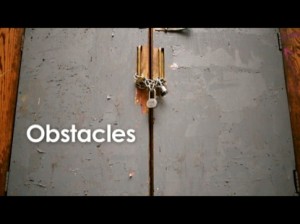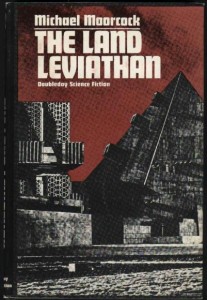Every year we all get the same amount of Time: 12 Months, 52 Weeks, 7 Days, 24 Hours. Everyone gets this, not just writers or athletes or the person behind the counter at your favorite bookstore. It’s what we do with that Time that differentiates us from one another. Some of us have families and significant others and day jobs and clubs and we can barely find Time to keep up with what we’re supposed to do let alone what we want to do.
So it’s not really about having Time to do Things at all, is it? It’s more about taking the Time to do Things.
This week, the Confabulators are pondering how they do it: how do they find the time to write when life is so full? If there are tips in here that we can find useful, do you think we’ll take advantage of that? Or will we be too busy?
Muriel Green
I have found that no matter how important I say something is, waiting around for free time to do that thing will lead to it never happening. Instead of waiting for the moment to arise, I schedule time to write. I believe in scheduling things that are important to me and writing is important to me. If anyone reading this thinks “I wish! There is no free time!” I would strongly encourage trying out a month without cable tv,, netflix, etc. I thought I was busy before when I had those things, but cancelling them helped me find upwards of 2 extra hours per day.
R.L. Naquin
My busy life consists of staring at the dirty dishes and writing novels. I’m very lucky. Right now, writing is my job. If I’m not making an effort to track down that weird smell hiding somewhere in the house, I should be writing. My husband works to support my writing, sort of like when one partner puts the other through med school. If this all goes belly up, I’ll have to get a real job. But if everything falls into place, he can eventually stay home and write, too.
Kevin Wohler
There is no balance. My life (family and work) comes first. Any time that’s left over is what remains for writing. Of course, the nice thing about writing is that I can steal little bits of time (a car ride, a long shower, a few vacation days) to write. For me, writing has to be separate from my busy life, not a part of it.
Jack Campbell, Jr.
It is nearly impossible. There has to be a constant effort to make time for writing. It isn’t going to happen just when I have time. If I don’t work it in with a couple of hours here and there, nothing is ever going to get done. I think it is that way for most writers who don’t make their living just by writing. You have to get creative with your creativity.
Jason Arnett
I’m a Libra. My whole life is about balancing everything. I can try to schedule things but that gets blown up pretty quickly. Instead, I look for the moments: a few minutes here and there to do the things that need doing. I’m better about telling my wife that I need time to write and she’s good about letting me do that but if I never spoke up and said anything, I’d never have finished the draft of the novel that’s waiting to be edited on my hard drive. When I do that, though, I have to make sure she gets equal amounts of time, too. In a nutshell, speaking up is how I do it.
Nancy Cayton Myers
I don’t. The busy life (read: kids)come first. Since it’s not my main livelihood, writing takes adistant backseat. Partly because it just has to be that way, butalso because I’ve learned I’ll be too frustrated if I expect it to beany other way at this point in my life. Having said that, I know I’ll go crazyif I don’t write, so I’ve pushed down the guilt that I should betaking care of something else, joined writing groups for support ,and have forced myself to leave the house to carve out an hour or twoevery other day for writing, sometimes more in the form of retreatsand conferences. It can be done!


